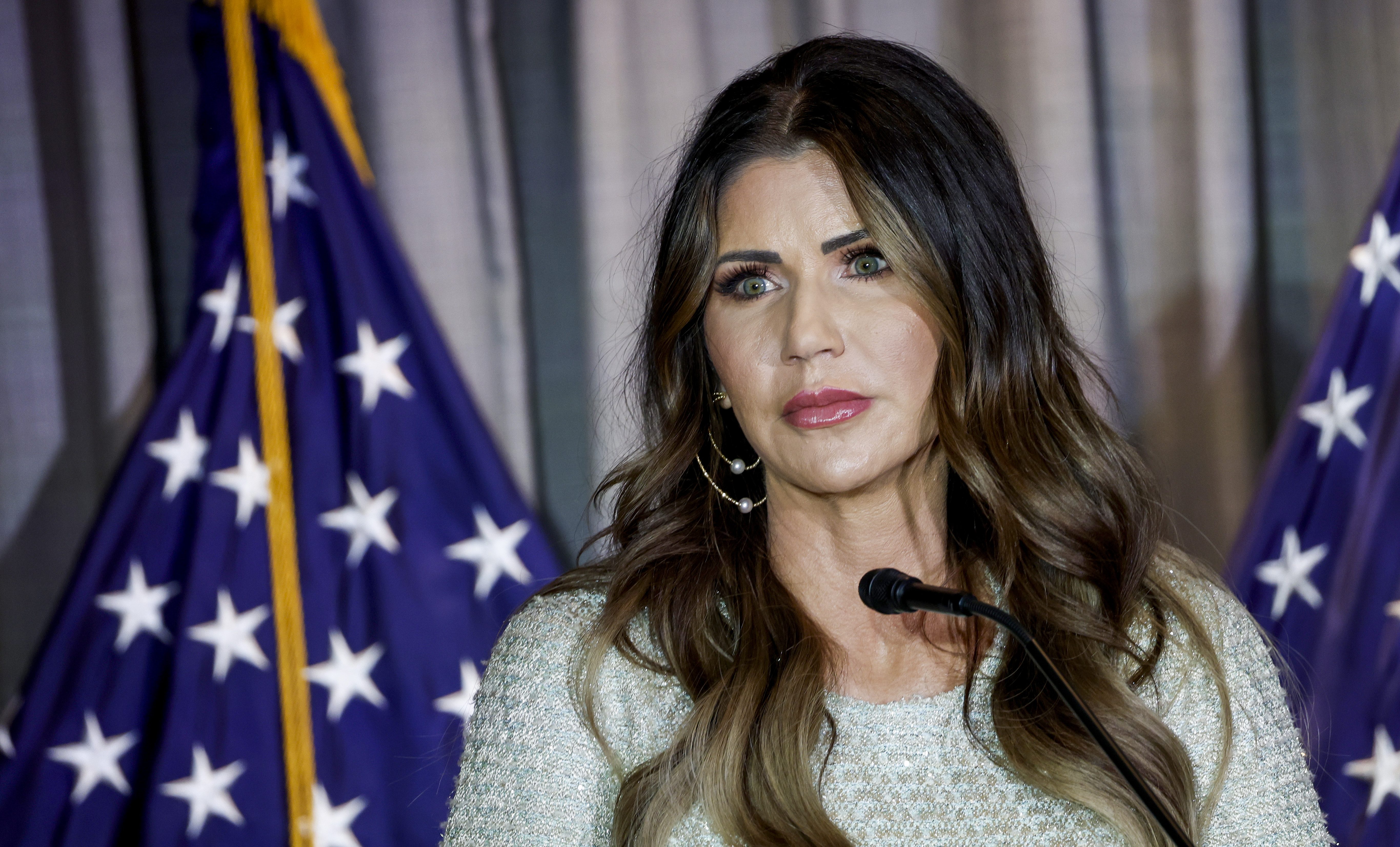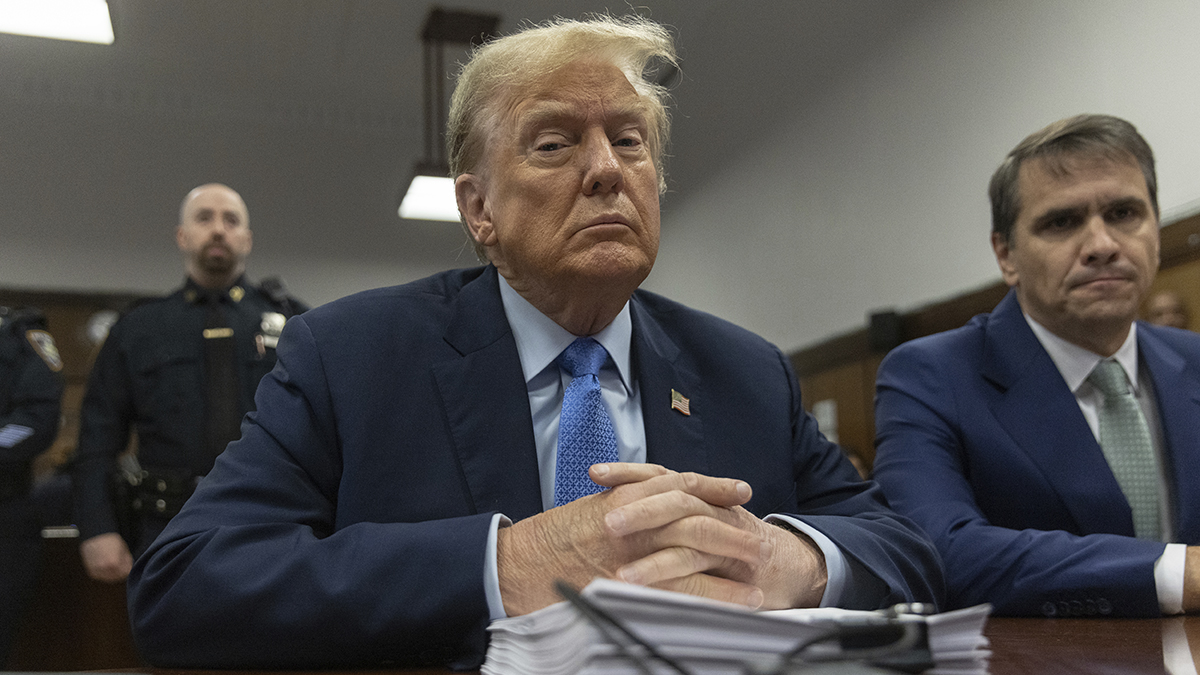Gov. Jerry Brown proposed a $122.6 billion budget plan for California on Thursday that attempts to balance his fiscally restrained approach to spending with increasing demands for California to invest in social service and health care programs that suffered cuts during the recession.
The plan calls for significant increases in funding for education, health care and state infrastructure, while bolstering the state's Rainy Day Fund and paying down state debts and liabilities. It also includes a $1.1 billion compromise on a new tax on health insurers to replace one that will expire in June.
In addition, per-pupil spending would increase to $10,591. Schools are guaranteed about 40 percent of general fund revenues under voter-approved Proposition 98.
Brown said soaring tax revenues allow the state to boost spending on programs, but he also warned of the boom-and-bust cycle, proposing to put an additional $2 billion into the Rainy Day fund.
"Relative to budgets of the past, this budget is in good shape," Brown said. "We also ought to look at what's the capacity of the state, and what's the taxpayer willingness to spend more."
The budget announcement sets the stage for a months-long debate with lawmakers over spending priorities.
Legislators already have been staking out their own positions, including funding to help the homeless, expanding services for the developmentally disabled and creating more early education slots.
Politics
Local, state and national politics
Medi-Cal, the state's health care program for the poor, now has 12.6 million enrollees, presenting a growing strain on state coffers. Advocates have been pushing the state to raise reimbursement for doctors who provide care in the program, which was cut by 10 percent during the recession.
"We are now years past the recession, but Californians are still living with recession-era cuts to health and human services," said Anthony Wright, executive director of the consumer advocacy group Health Access California.
Brown called special sessions last year to address the health care tax and a $59 billion backlog in transportation infrastructure spending, but neither gained traction.
Brown's administration previously proposed spending $3.6 billion a year on transportation infrastructure through a combination of vehicle registration fees, increases to the diesel and gas taxes and diverting money from the fees charged to polluters.
Republicans have rejected tax increases, arguing that the state should instead return diverted transportation money and make major cuts to Caltrans.
As tax revenues continue to roll in, Gov. Jerry Brown is set to release his budget proposal Thursday, balancing his fiscally restrained approach to spending with increasing demands for California to invest in social service and health care programs.
The first focal point will be the revenue number Brown uses for his forecast.
Brown signed a $115.4 billion general fund spending plan for the current fiscal year, and the state's independent Legislative Analyst's Office has forecast revenues about $6.9 billion higher for 2016-17. But Brown's administration has typically been cautious in its approach, opting to rely on lower revenue estimates to avoid spending the state might not be able to afford later.
His fellow Democrats prefer a higher figure that gives more wiggle room to spend. Republicans are urging the governor to hold the line and devote funds to neglected infrastructure needs such as transportation, school buildings and water storage.
"If you've got one-time revenue, then you need to spend that money on one-time expenditures," said Assembly Minority Leader Chad Mayes, R-Yucca Valley.
Brown's announcement Thursday sets the stage for a months-long debate with lawmakers over spending priorities. Lawmakers this week have been staking out their own positions, advocating for $2 billion to help house the homeless, expanding services for the developmentally disabled and creating more early education slots.
Among the biggest questions confronting the governor and lawmakers is how to replace funding from a $1.1 billion tax on health insurers that will expire this year, and paying mounting road-repair costs that the administration has pegged at $59 billion over the next decade.
Medi-Cal, the state's health care program for the poor, now has 12.6 million enrollees, presenting a growing strain on state coffers. Advocates have been pushing the state to raise reimbursement for doctors who provide care in the program, which was cut by 10 percent during the recession.
"We are now years past the recession, but Californians are still living with recession-era cuts to health and human services," said Anthony Wright, executive director of the consumer advocacy group Health Access California.
Brown called special sessions last year to address health care and transportation, but neither gained traction.
On transportation, Brown's administration has proposed spending $3.6 billion a year on transportation infrastructure through a combination of vehicle registration fees, increases to the diesel and gas taxes and diverting money from the fees charged to polluters.
Republicans have rejected tax increases, arguing that the state should instead return diverted transportation money and make major cuts to Caltrans.
Under the voter-approved Proposition 98, more than 40 percent of tax revenues are dedicated to K-12 schools and community colleges.
While most projections show the state's finances continuing to climb, thanks in part to the booming tech industry, the legislative analyst has warned that a sluggish stock market will curb increases. He warned lawmakers not to make "new commitments" or risk difficult choices "such as spending cuts and tax increases."



